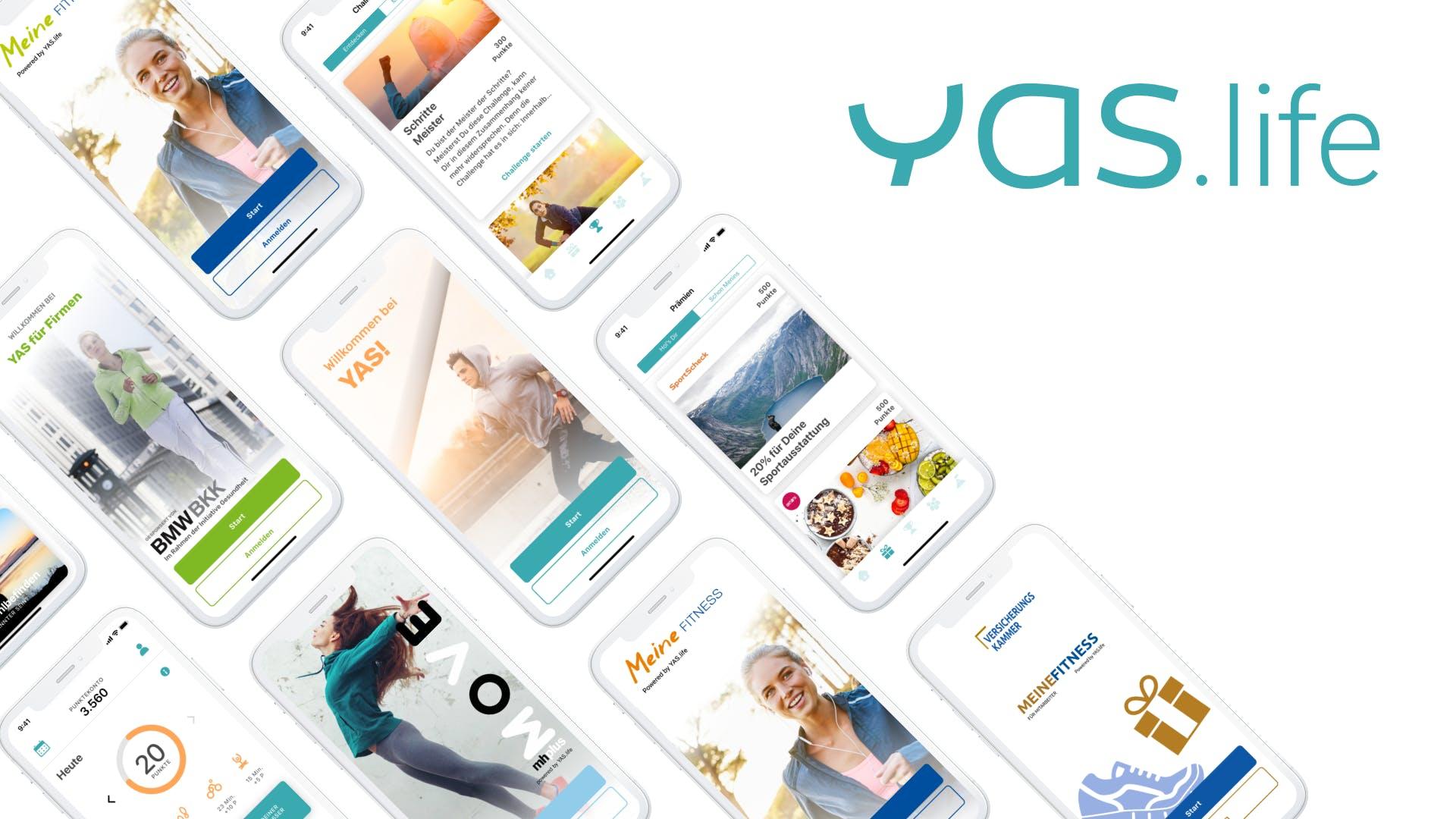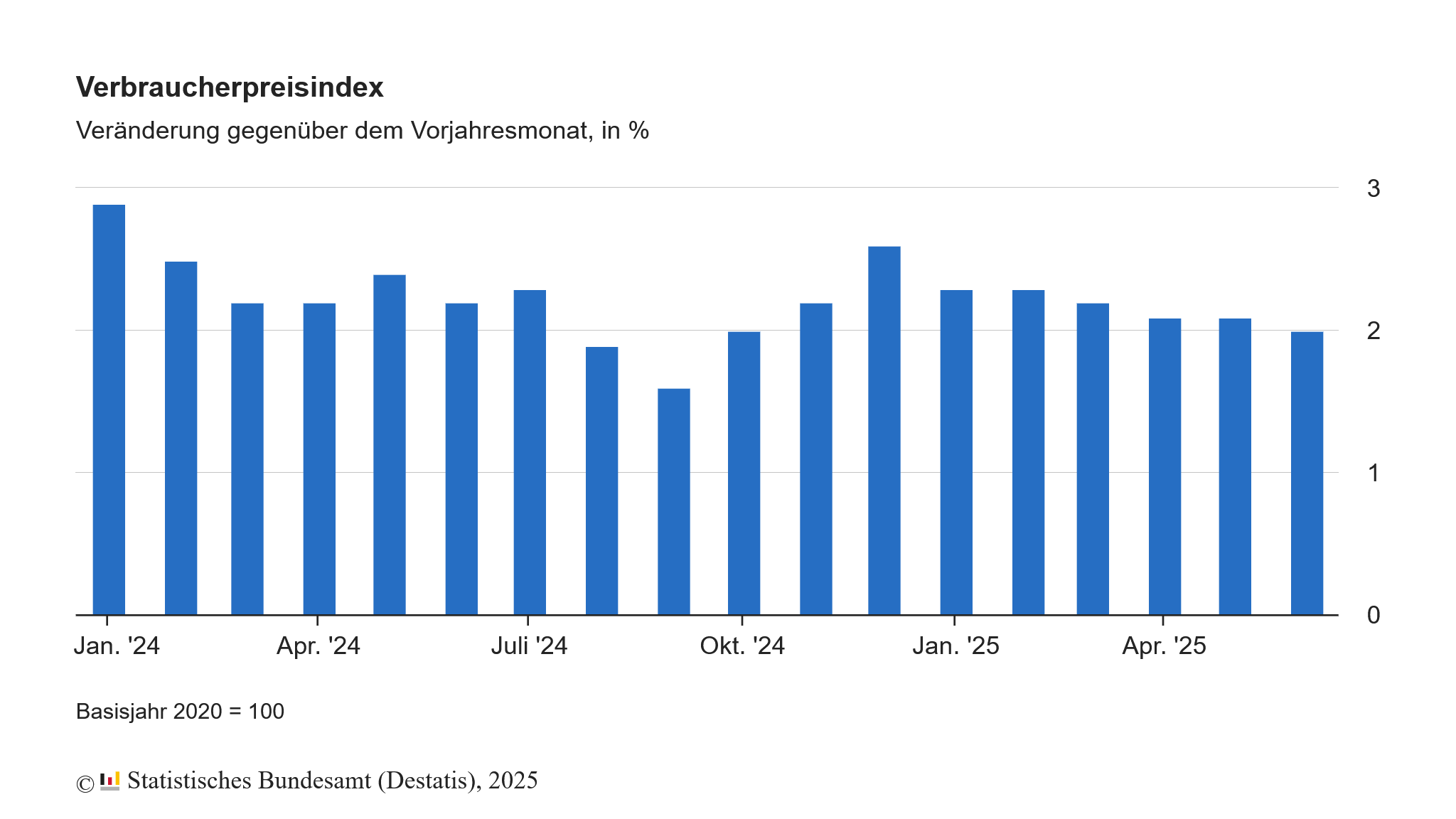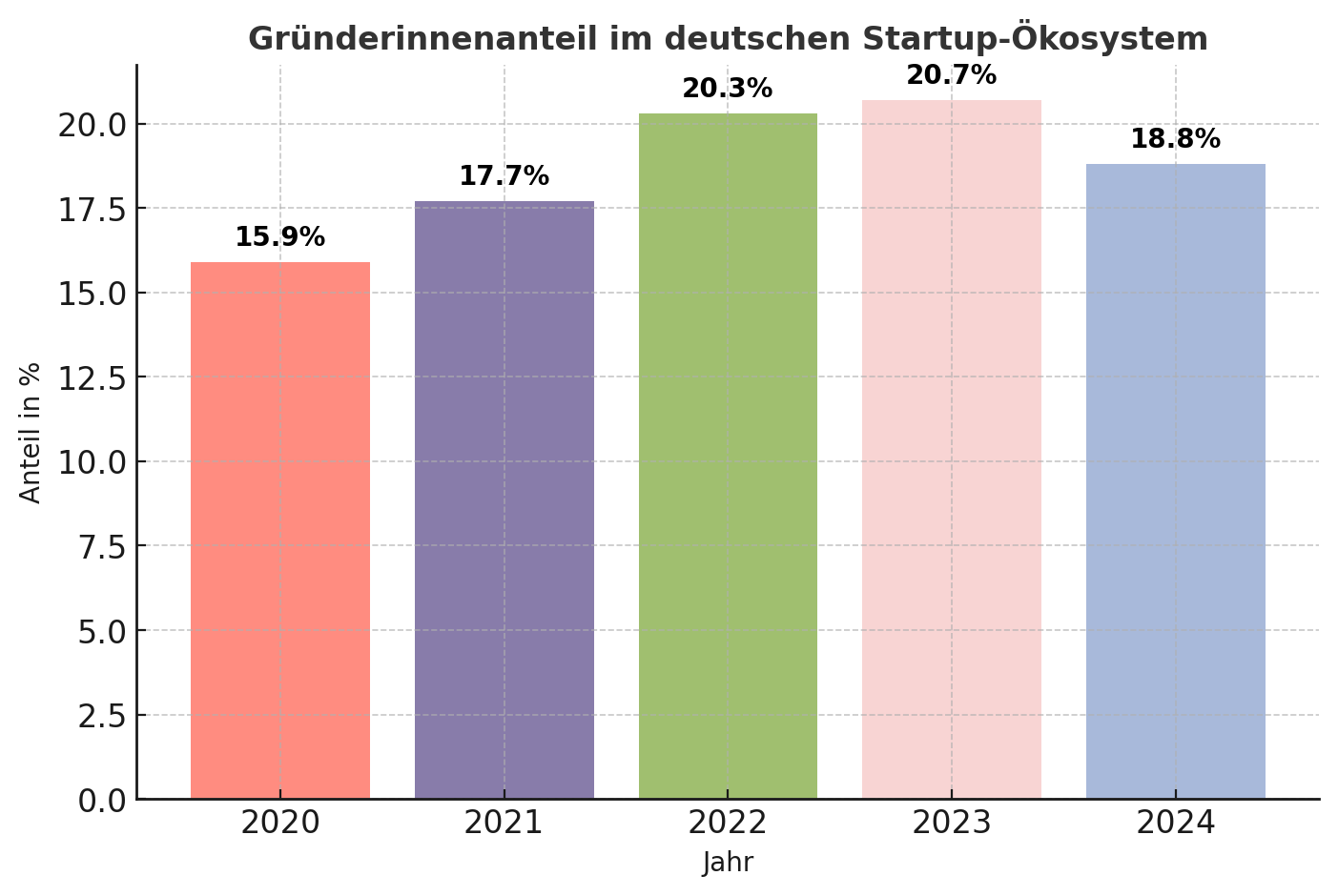A little sport must be

Start-ups from the digital fitness industry are among the few beneficiaries of the coronavirus crisis. Is this just a short-lived boom or could they even make gyms redundant in the long term?
In 2013, Munich students Mehmet Yilmaz, Andrej Matijczak and Joshua Cornelius - like so many founders - wanted to do everything differently. They missed the long-term support of customers in the fitness industry and founded Freeletics as a great alternative. Initially selling PDF training plans, Freeletics is now one of the most successful fitness start-ups in Europe. The founders managed to exit the company in 2018, with US investors acquiring their shares for a high double-digit million amount.
Freeletics was already a success story in 2018. Now, in times of coronavirus, the start-up could make the next leap in growth. Ten million users joined the Munich-based company last year alone, and Freeletics now claims to have 50 million users worldwide.
The fitness market is currently flooded with apps and offers. "The digital trend in the fitness industry isn't actually new, it's just getting a boost now," says sports scientist Stephan Geisler. According to a study by the University of Giessen, one in six people have done fitness, strength training or yoga at home during the pandemic - including with the help of apps.
Pascal Klein, co-founder of the yoga and fitness app Asana Rebel, also sees this development: "The process has accelerated greatly because the attractiveness of such offers has grown." The topics of health and fitness are becoming increasingly important. "We've really noticed this in terms of demand or, for example, in the number of workouts completed per week per person," he says. Asana Rebel doesn't talk about exact figures, the competition is fierce and knowledge is power.
Training at Freeletics is designed by an algorithm
But why do sport with digital tools at all? Because it offers a decisive advantage, says Hermann Aulinger from Freeletics: "Our users should train the way they can and want to, regardless of when, where and how. Because we believe that the biggest obstacle is doing sport at all."
Freeletics has come up with a number of ideas to overcome the inner couch potato. Since last spring, there have been filters designed to take account of the individual situation: "Train quietly", for example, removes all dynamic movements, so there is no jumping during the workout and the neighbor has peace and quiet. The training plan is designed by artificial intelligence, which can adapt more precisely to the customer's needs with each workout for which it receives feedback from the customer. "We are actually a software company," says Aulinger. Although the exercises and training design are created by sports scientists, the algorithm decides when the customer should do which exercise.

The biggest challenge, especially for beginners in fitness sports, is performing exercises correctly. The Straffr band, for example, makes this possible - it measures the strength, speed and number of repetitions of the units and provides direct feedback via an app. The three founders of Straffr have been developing everything from design to technology themselves since 2018. It is still more of a promise for the future: after the first 100 customers tested the band in 2019, 1,000 people were able to train with the bands last year.
Vaha is pursuing a different concept: The start-up produces a mirror through which exercises are demonstrated and corrected in real time by an artificial intelligence system. Athletes can also book a real trainer to train with them via the mirror, just like in a livestream in their living room. "The service is mainly used by people with families. We, including myself for example, have little time, desire or opportunity to make use of the range of good fitness offers. And apps are a hassle for me," says CEO Valerie Bures. The service has only been available since March 2020 and thousands of members have joined since then. And Bures is confident: "I think that at some point, everyone will have a Vaha just like an iPad in their living room."
Gyms are unlikely to disappear
The Cologne-based start-up Vation, on the other hand, focuses on individual support from a personal trainer who trains digitally with customers at the desired time. This is a gap in the market, says Sven Wiszniewski from Vation: "Most competitors often only focus on the activity itself, but don't solve the main problem. We don't just get our customers to run, we get them to put on their running shoes in the first place." The start-up only went online with its app in 2020 and is expecting a successful seed financing round this year to optimize the product.
Freeletcis can create a training plan with goals and filters, Vation is moving the personal trainer to the digital world and Straffr combines equipment with exercise. So has the pandemic proven that gyms are superfluous? Geisler says no: "Studios are here to stay. One doesn't eat up the other, but they complement each other. Fitness app users are also gym users." This has been proven by Gym X, the app that seems to have come at just the right time for fitness studios and brings the gym into the home.
The app provides studios with a template in which they can insert their logo, exercises, workouts, images, texts and news, similar to the way Wordpress is used to design websites. The idea came to founders Nico Gumlich and Dennis Weber in 2019. When the first shutdown occurred in March 2020, they weren't actually ready for the launch: "I found it difficult to launch the app like this, my perfectionism comes through. But we also knew that if we didn't do it now, the competition wouldn't sleep either and we wanted to make our multi-faceted product available immediately," says Gumlich. The studio can initially test the app free of charge with a finished design and to use all service areas; the subscription costs from 59.90 euros upwards per month. "The studios are all in a difficult financial situation, so we wanted to show solidarity. Only when they are convinced will they sign the contract." So far, a five-digit number of users from the studios have signed up, while a low three-digit number of studios offer the app. 90 percent of those who test it remain loyal to the start-up.

Newsletter
Startups, stories and stats from the German startup ecosystem straight to your inbox. Subscribe with 2 clicks. Noice.
LinkedIn ConnectFYI: English edition available
Hello my friend, have you been stranded on the German edition of Startbase? At least your browser tells us, that you do not speak German - so maybe you would like to switch to the English edition instead?
FYI: Deutsche Edition verfügbar
Hallo mein Freund, du befindest dich auf der Englischen Edition der Startbase und laut deinem Browser sprichst du eigentlich auch Deutsch. Magst du die Sprache wechseln?
























